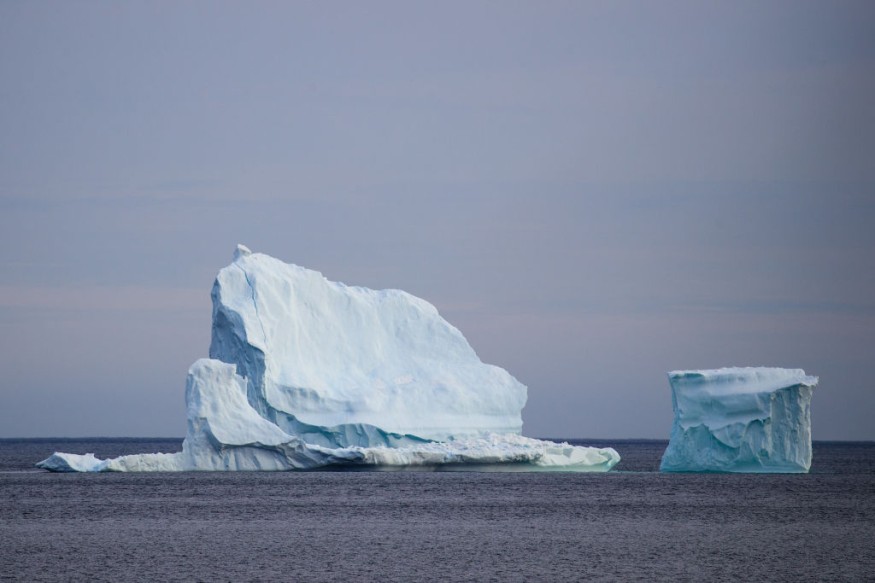
A critical ocean current, vital to regulating Earth's climate, is weakening at an alarming rate, according to a recent study.
This current, known as the Atlantic Meridional Overturning Circulation (AMOC), plays an essential role in balancing temperatures, particularly in the Northern Hemisphere.
However, research published in Nature Geoscience on November 18 reveals that the AMOC is declining faster than previously thought, posing serious climate risks.
The AMOC functions like a giant conveyor belt, moving warm, salty water from the Gulf of Mexico toward Europe. As the water travels north, it cools, becomes denser, and sinks, pulling more warm water into the current. This process not only distributes heat across the globe but also helps stabilize weather patterns.
For regions like Western Europe, it means milder winters and more predictable climates. Without this current, significant shifts in weather patterns and ecosystems could occur.
New climate models show that melting ice from Greenland and the Canadian Arctic is making the problem worse. The influx of fresh, lighter water from these regions is preventing the denser, salty water from sinking and slowing down the current.
According to Live Science, Laurie Menviel, a paleoclimatologist at the University of New South Wales, noted, "Getting precise estimates of meltwater has been difficult, but this model shows the impact is significant."
Catastrophic Global Climate Effects by 2040
The research suggests that if global warming continues at its current pace, the AMOC could weaken by one-third by 2040.
The study is significant because it goes beyond previous models by incorporating the effect of meltwater. This additional freshwater has been overlooked in many earlier studies. "The results suggest that we must expect a faster AMOC decline than previously predicted by the IPCC," said Stefan Rahmstorf, an oceanographer from the Potsdam Institute for Climate Impact Research.
The potential collapse of the AMOC would have catastrophic global consequences. A slowdown could lead to colder winters in Europe, more intense storms in the tropics, and disruptions to ecosystems like the Amazon rainforest. Furthermore, areas that depend on stable weather patterns, such as agriculture and water resources, could face extreme conditions. The rapid melting of glaciers and ice sheets, especially in Greenland, could exacerbate the situation, causing further disruptions.
© 2026 NatureWorldNews.com All rights reserved. Do not reproduce without permission.





